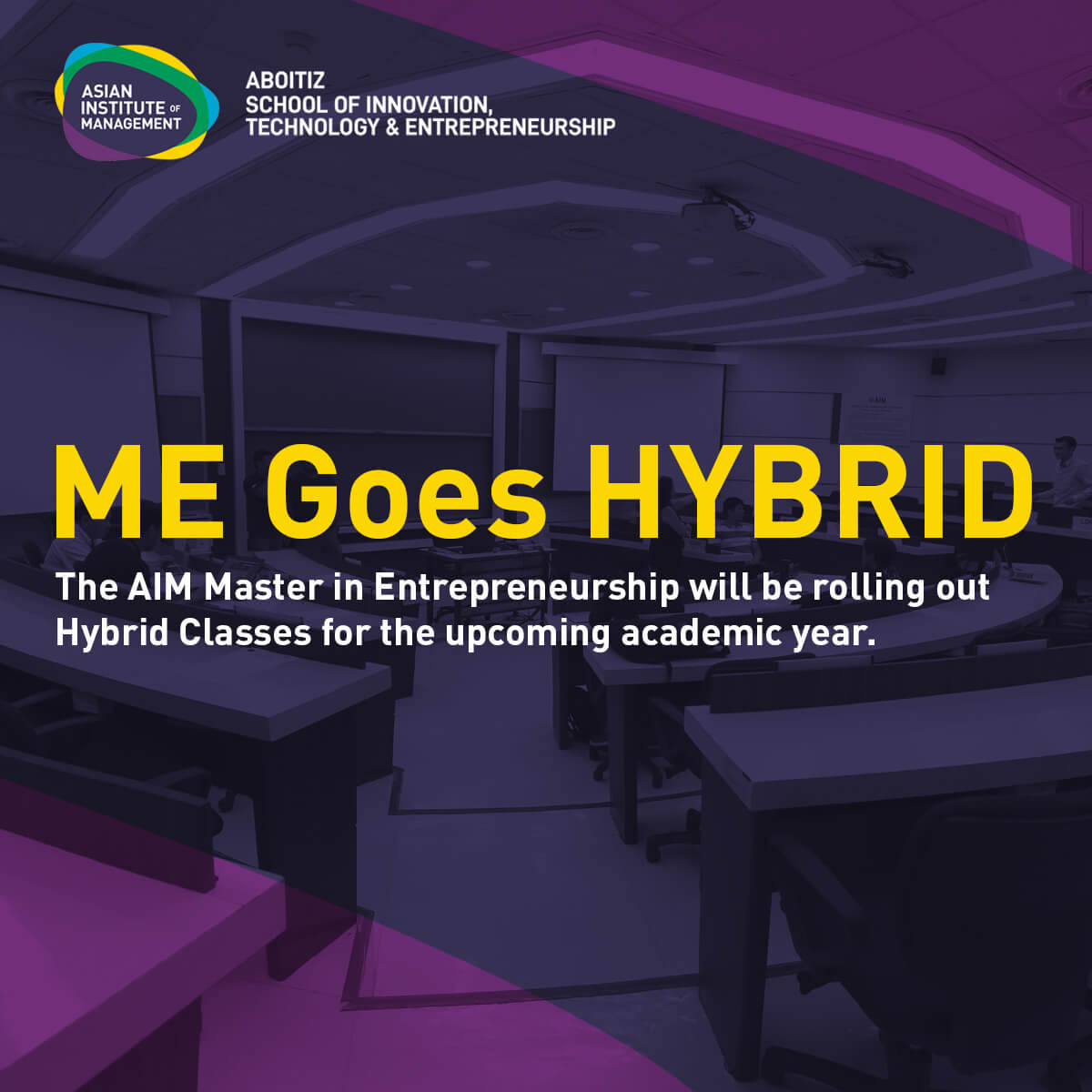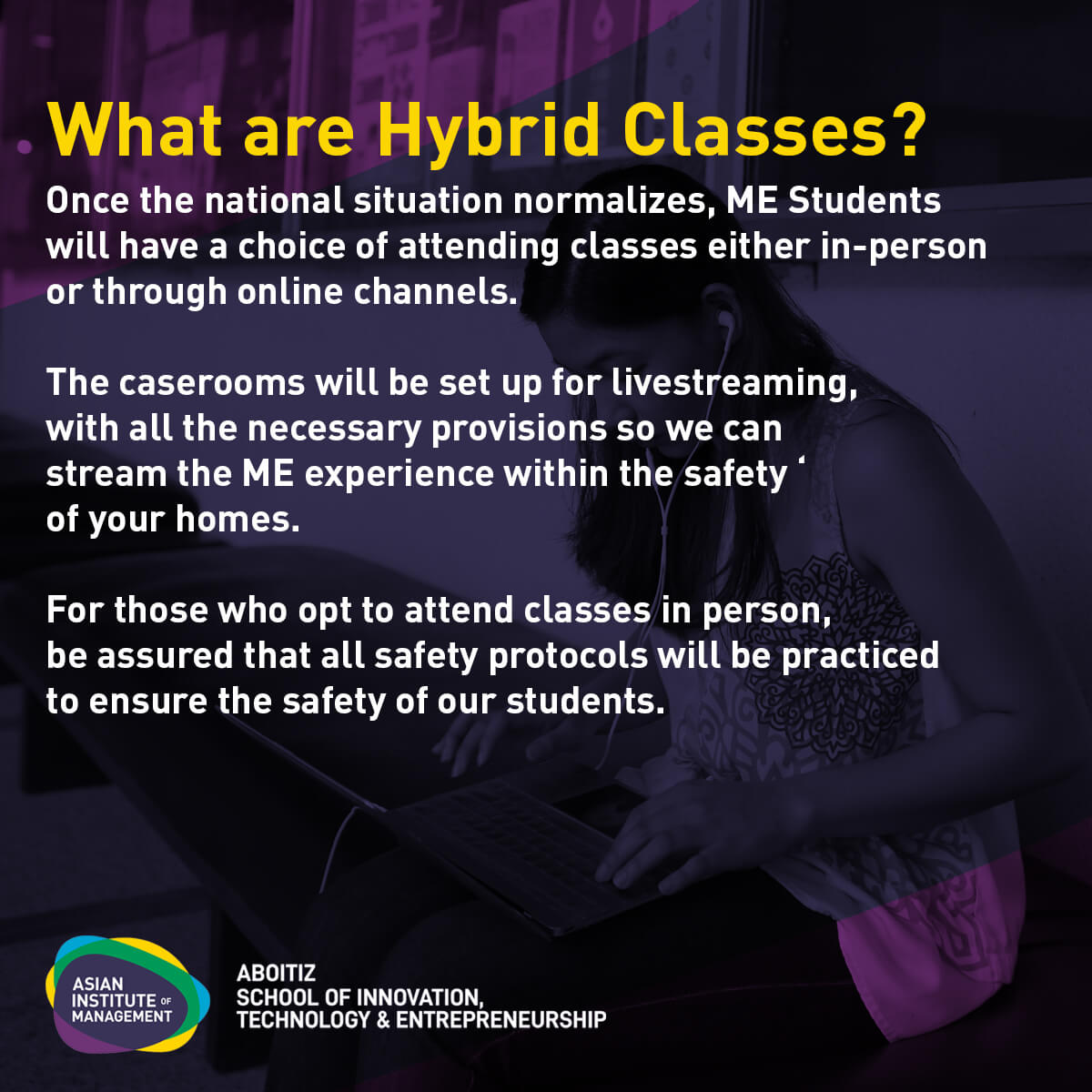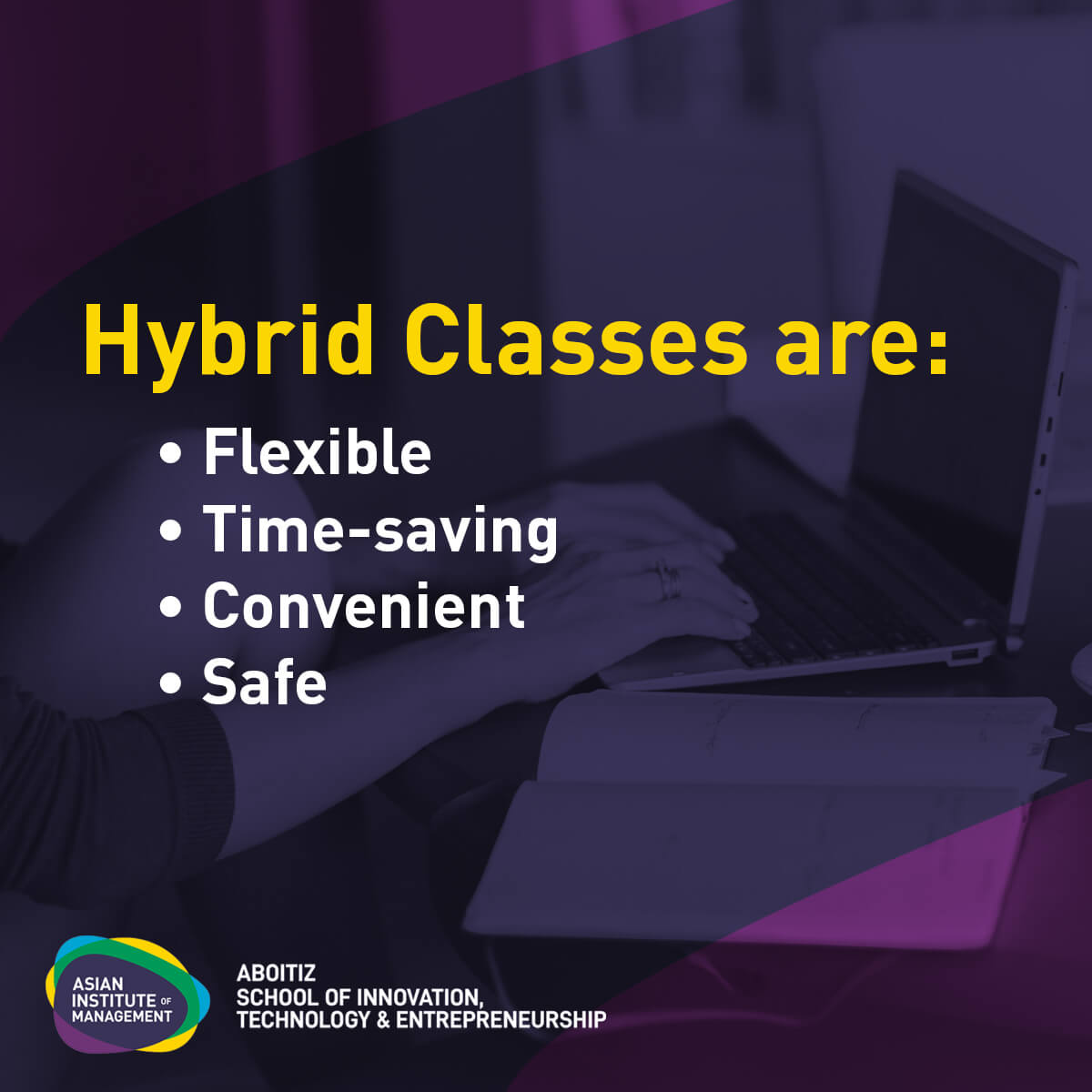

The program curriculum is designed to accommodate the realities of part-time students who are running a business, while learning how to grow their business. Hence, it must be practical, flexible, rigorous, and achievable at the same time. The curriculum is encapsulated in 7 progressive terms:
Terms 1-2: The Entrepreneur’s Toolkit – Focus on Fundamentals. This is where students will evaluate key areas of the business, with a bias to action and quick course corrections.
Terms 3-4: Building a Solid Foundation – Professionalizing and Systematizing. During this period, students will design and begin to build a sustainable enterprise via a self-regulating operating system.
Terms 5-7: Crafting a Strategic Growth Trajectory – Scaling and Sustaining. Students will gain in-depth understanding of business context and emerging trends in order to identify untapped markets, spur innovation, and unlock capital.
CURRICULUM
FIRST TERM
- Introduction to Entrepreneurship
- Strategic Thinking
- Understanding Financial Performance
- Personal Effectiveness and Self-Mastery
- Leveraging and Managing Regulatory Requirements
- Strategic Marketing 1
- Financial Management Basics
- Managing for Efficiency & Effectiveness
- Market Analysis: Understanding the Power of Customer
SECOND TERM
- Operations Management Entrepreneurship Laboratory 1
- Organizational Behavior 101: Managing People for Performance
- Strategic Management
- Economics for Entrepreneurs 1
- Strategic Brand Management
THIRD TERM
- Strategic Negotiations: Winning the Future
- Financial Management Entrepreneurship Laboratory 1: Profitability and Budget
- Supply Chain Management
- Life Planning Entrepreneurship Laboratory
- Strategy Entrepreneurship Laboratory 1
- Innovation
FOURTH TERM
- Marketing Entrepreneurship Laboratory 1: Marketing Campaign
- Financial Management Intermediate
- Human Resource Management
- Operations Management Entrepreneurship Laboratory 2
- Creating and Implementing Growth Strategies
- Entrepreneurial Finance and Valuation Part 1
- Human Resource Entrepreneurship Laboratory: HR Manual
FIFTH TERM
- Operations Strategy for Growth
- Marketing in the Digital Era
- Innovation Entrepreneurship Laboratory 3
- Economics for Entrepreneurs 2
- Strategic Information Management
- Strategy Entrepreneurship Laboratory 2
- Gearing for Growth
- Organizational Leadership and Change Management
SIXTH TERM
- Financial Management Entrepreneurship Laboratory 2: Variance Analysis and Budget Re-forecasting
- Institutionalizing Innovation
- Enterprise Risk Management
SEVENTH TERM
- Entrepreneurial Finance and Valuation Part 2
- Conversations about Going Global
- Marketing Entrepreneurship Laboratory 2: Corporate Strategy
- Strategic Information Management Entrepreneurship Laboratory
- Governance, Responsibility, Sustainability, and Ethics
- Business Strategy Game
- Financial Management Entrepreneurship Laboratory 3: Valuing your company
LEARNING STREAMS
On-campus classes
Bring the world of leadership and business, and yours, to the classroom
AIM is a participative learning institution, with stimulating class discussions at the core of most classes. On-campus sessions involve a mix of case method and lecture discussions, simulations, and workshops that require students to prepare before class and to actively participate in class discussions.
Entrepreneurship Laboratories (E-Labs)
Where your business is your laboratory
A significant number of academic credits are earned through Entrepreneurship Laboratories (E-labs), where students are expected to present how their classroom learnings are being applied to their respective businesses. These E-labs encourage students to examine and critique the way they put theory into practice, while professors and mentors provide constructive insights as well as guidance for improvement.
PROGRAM DELIVERY






